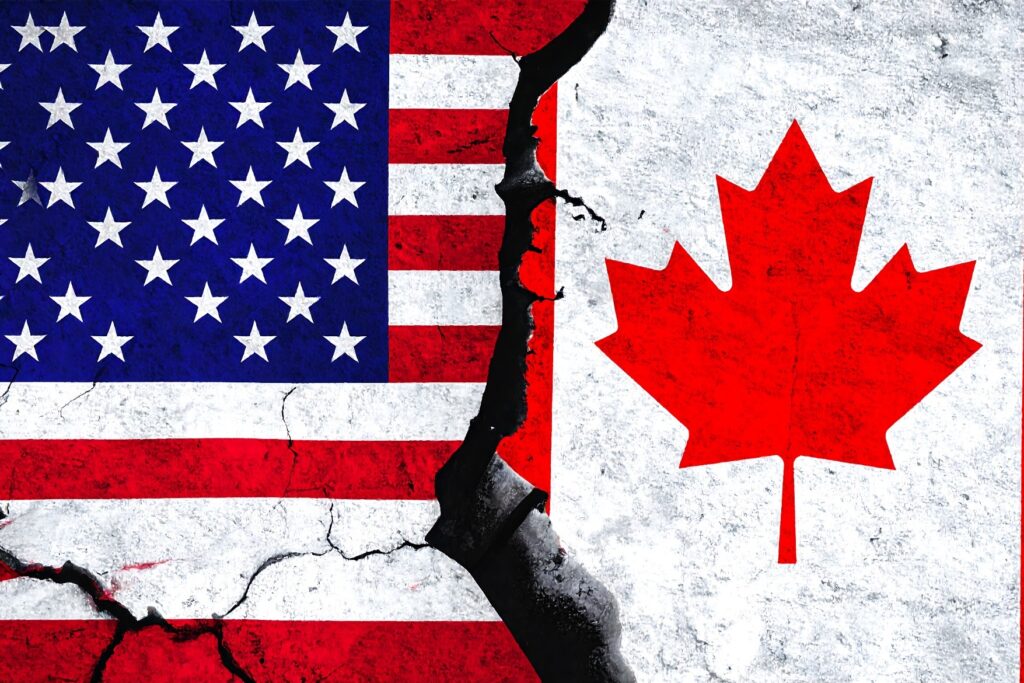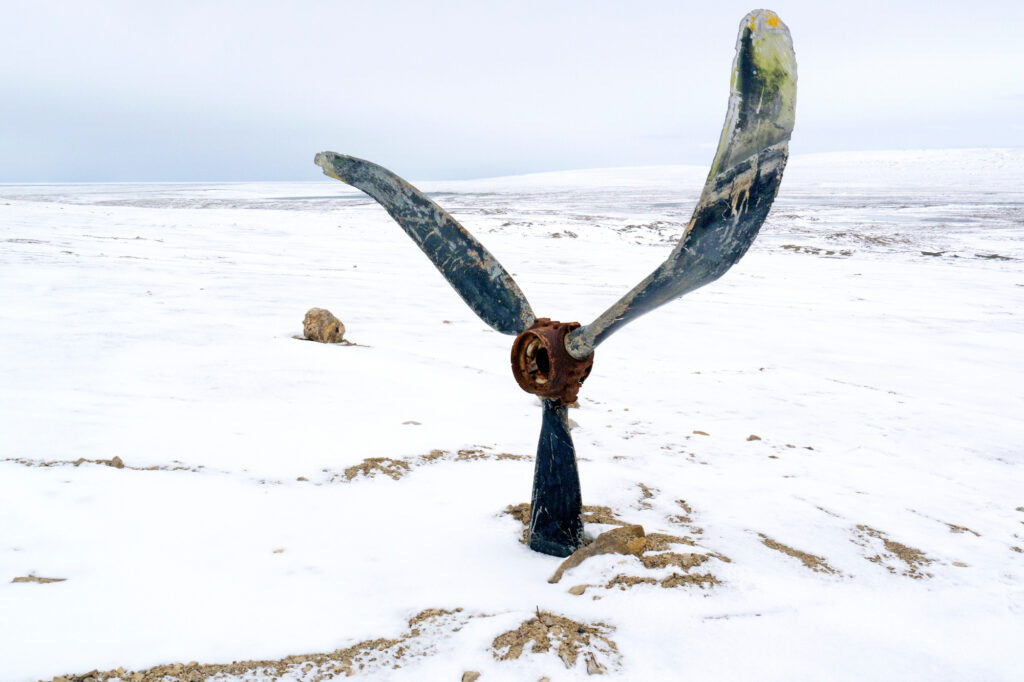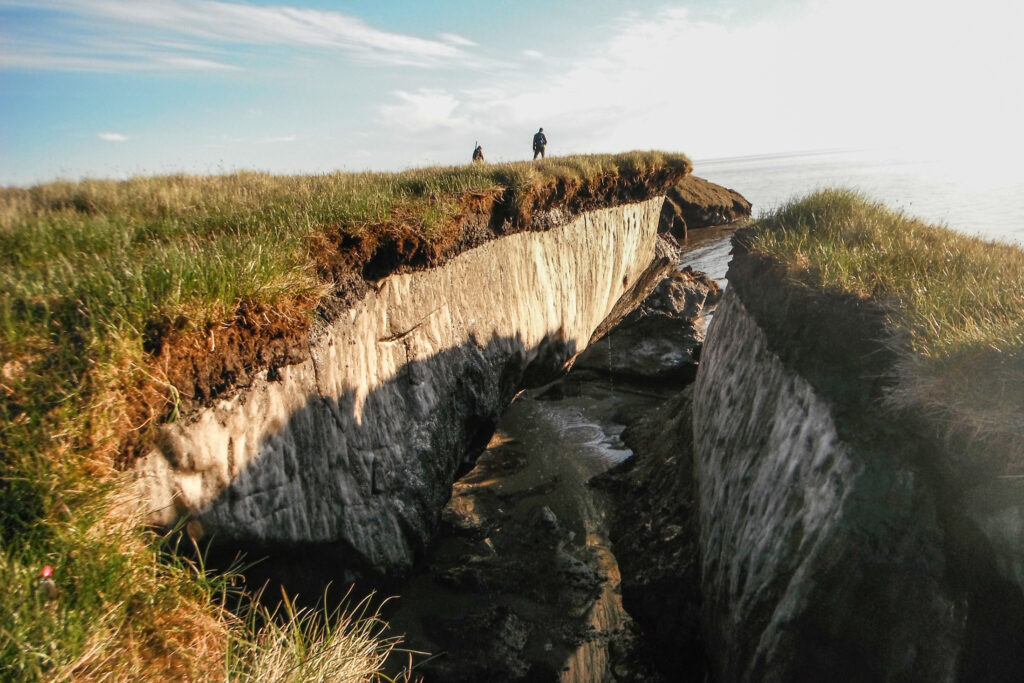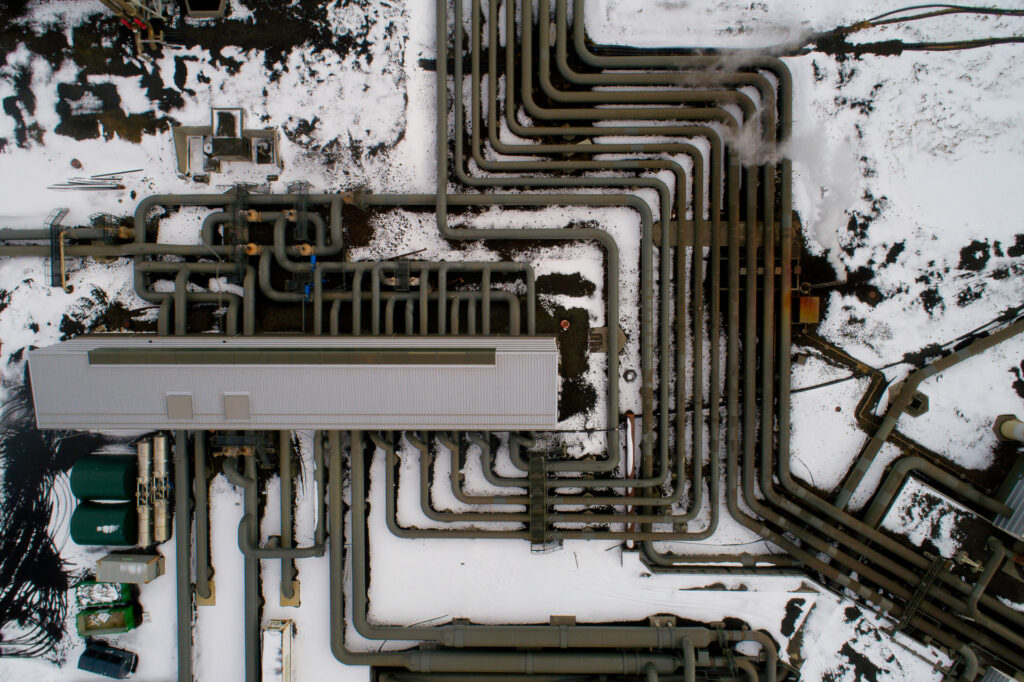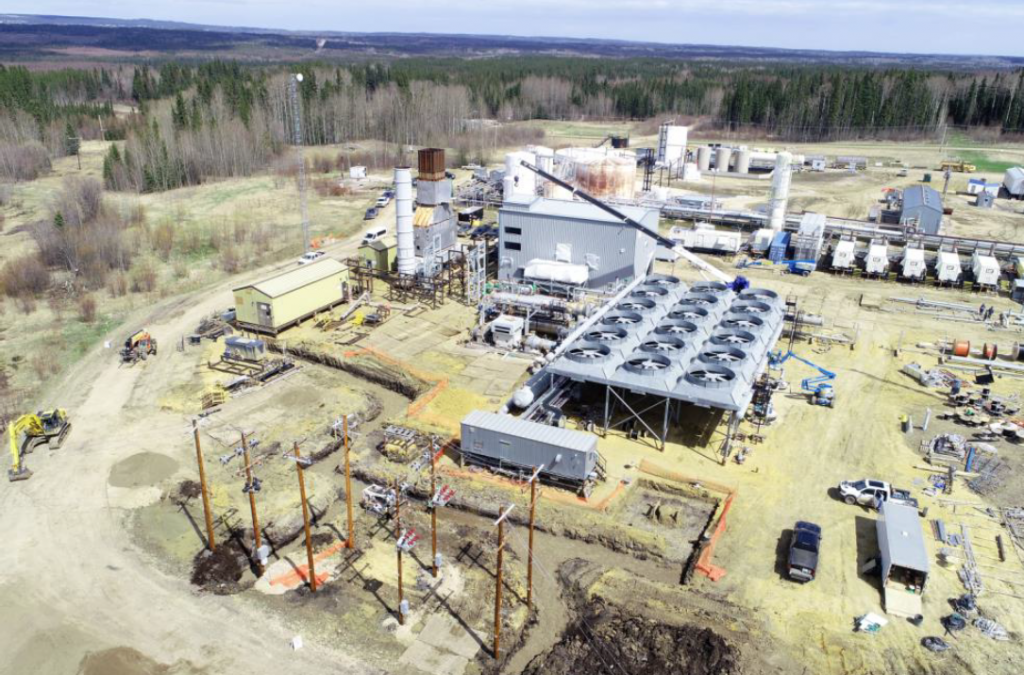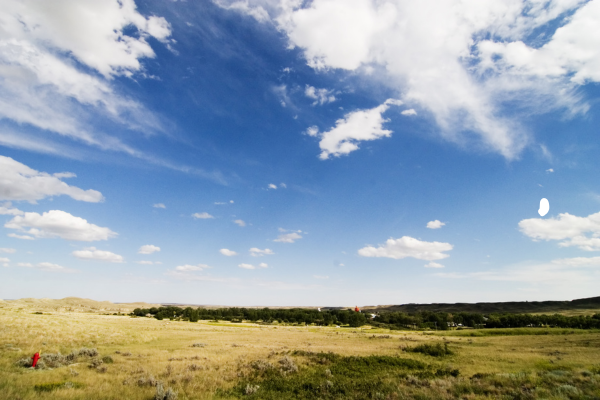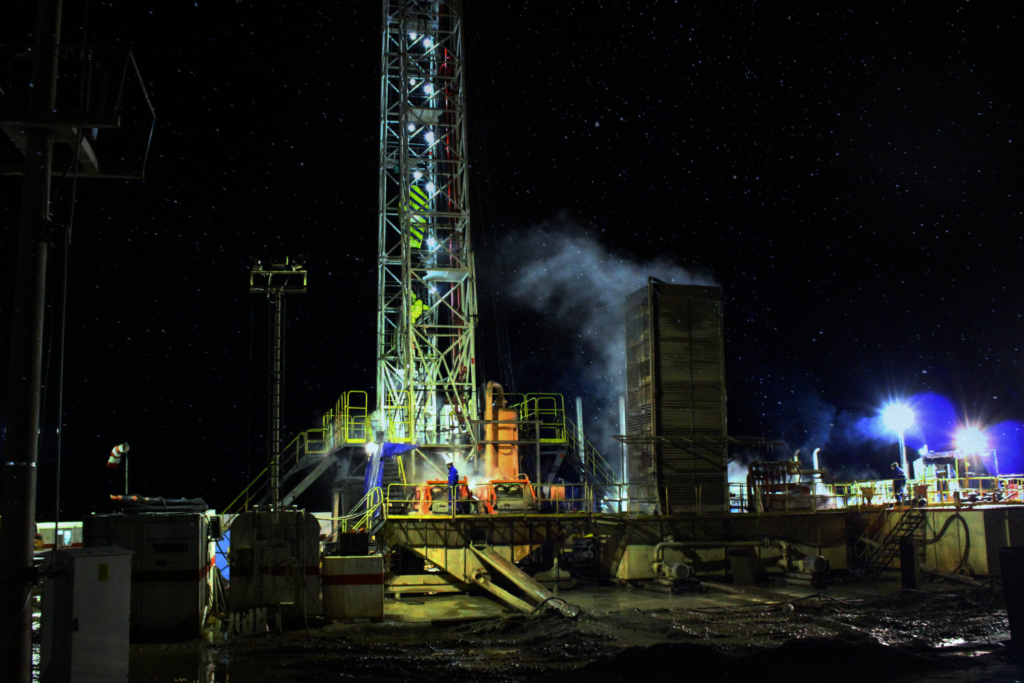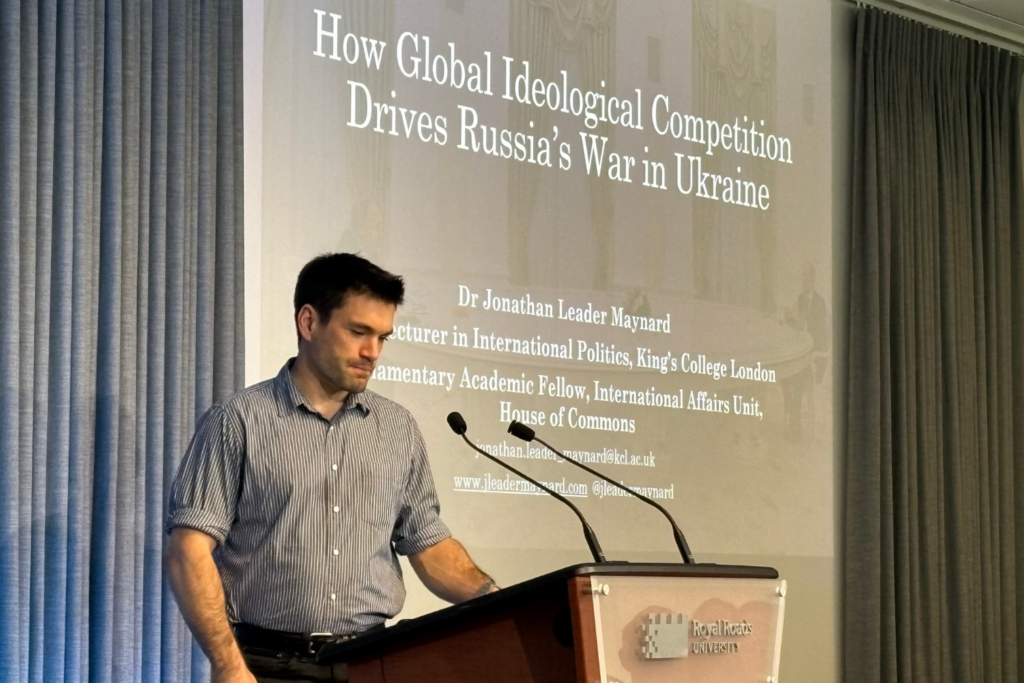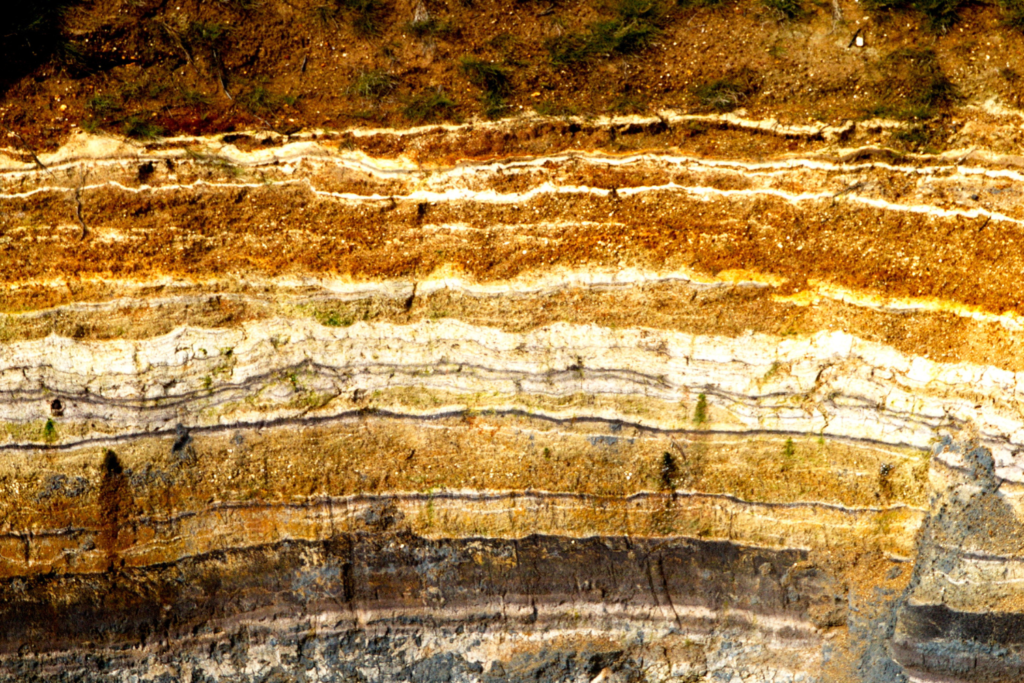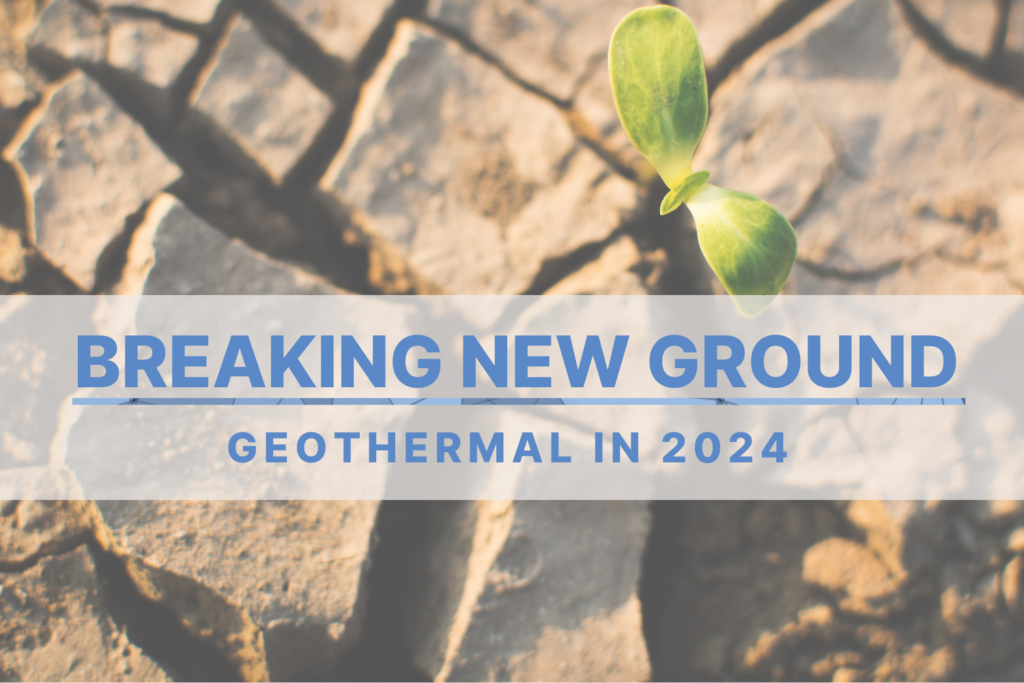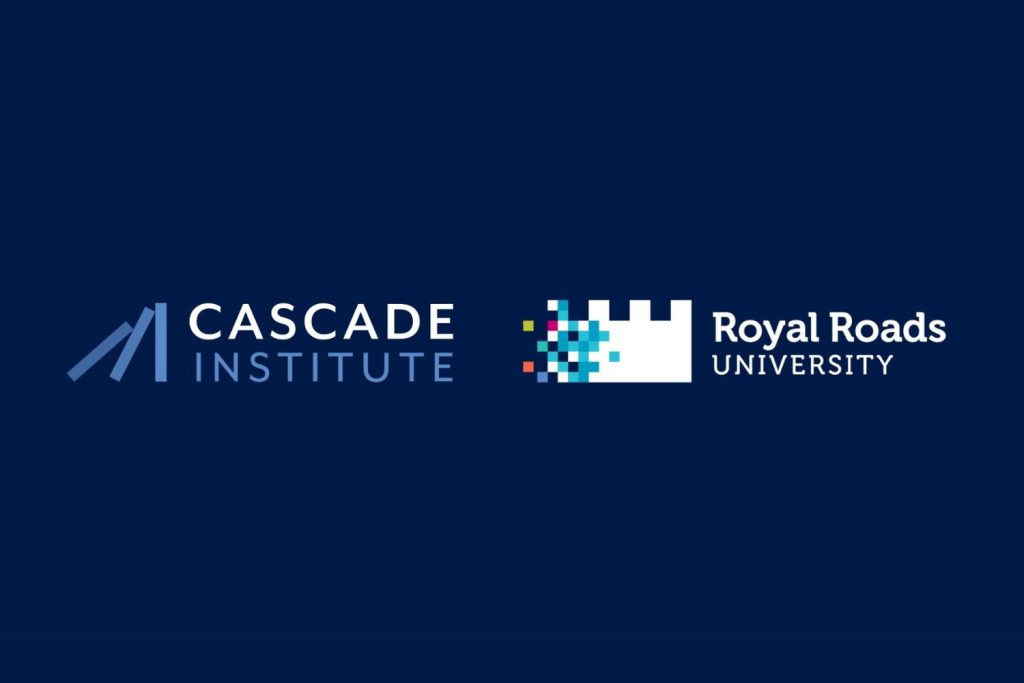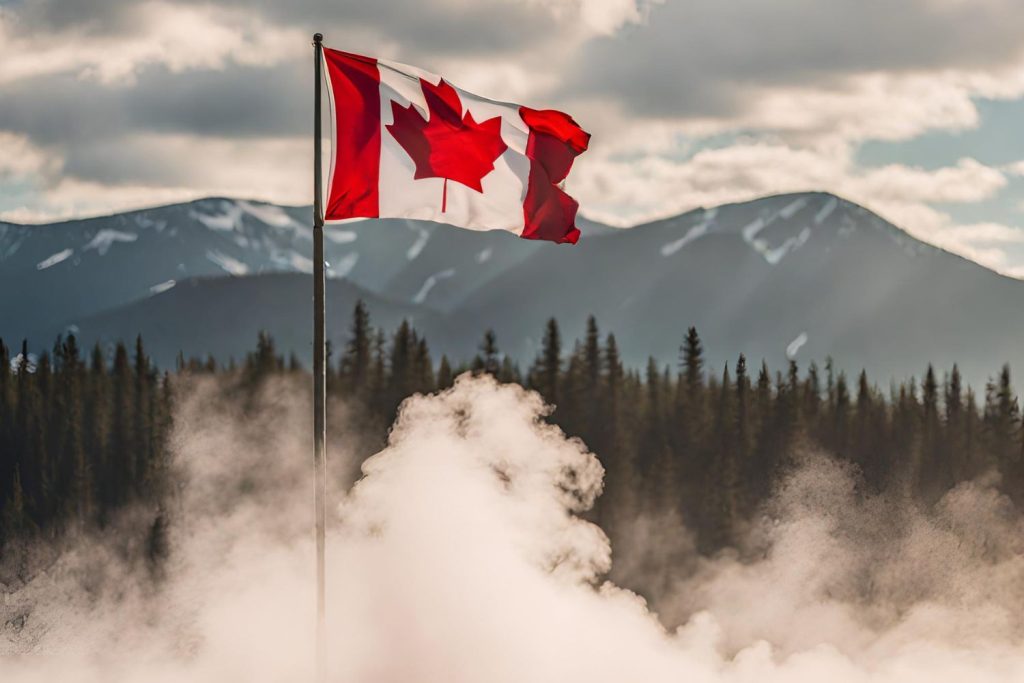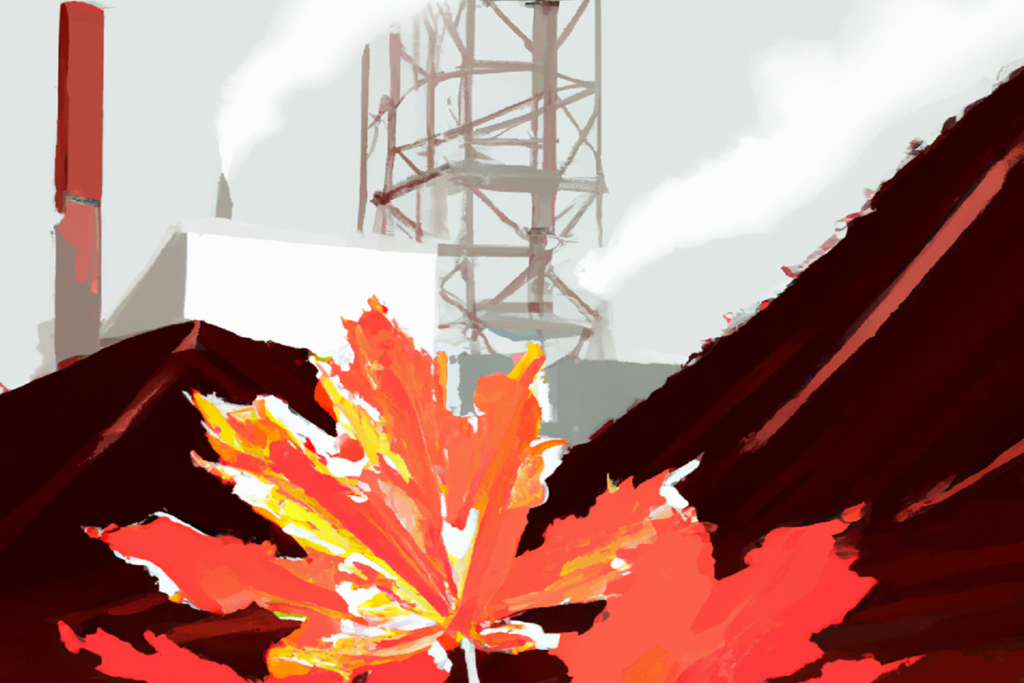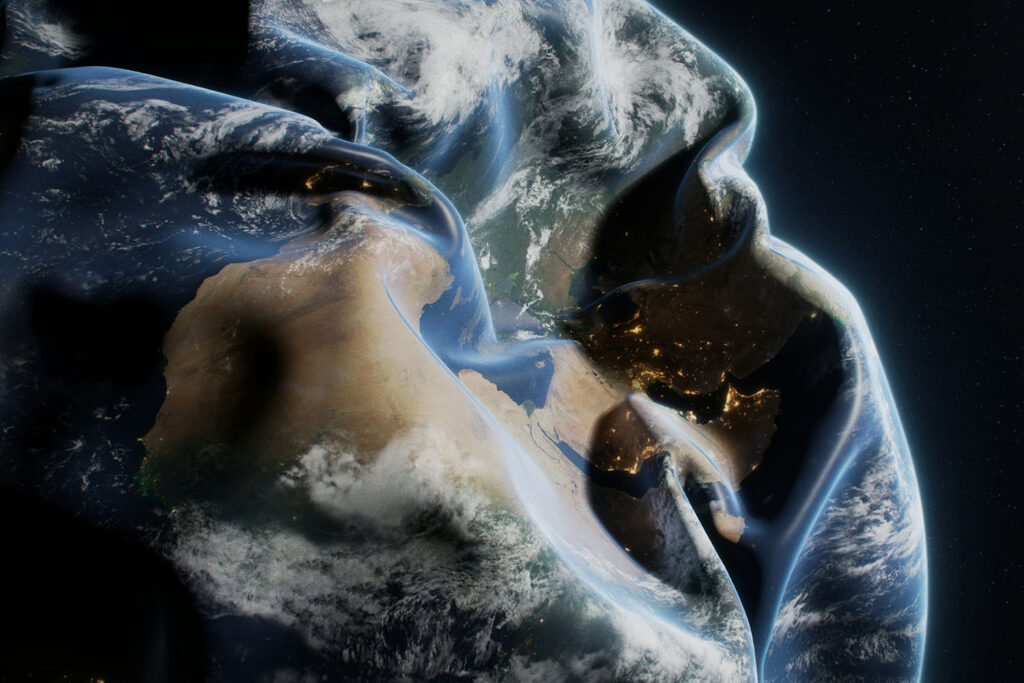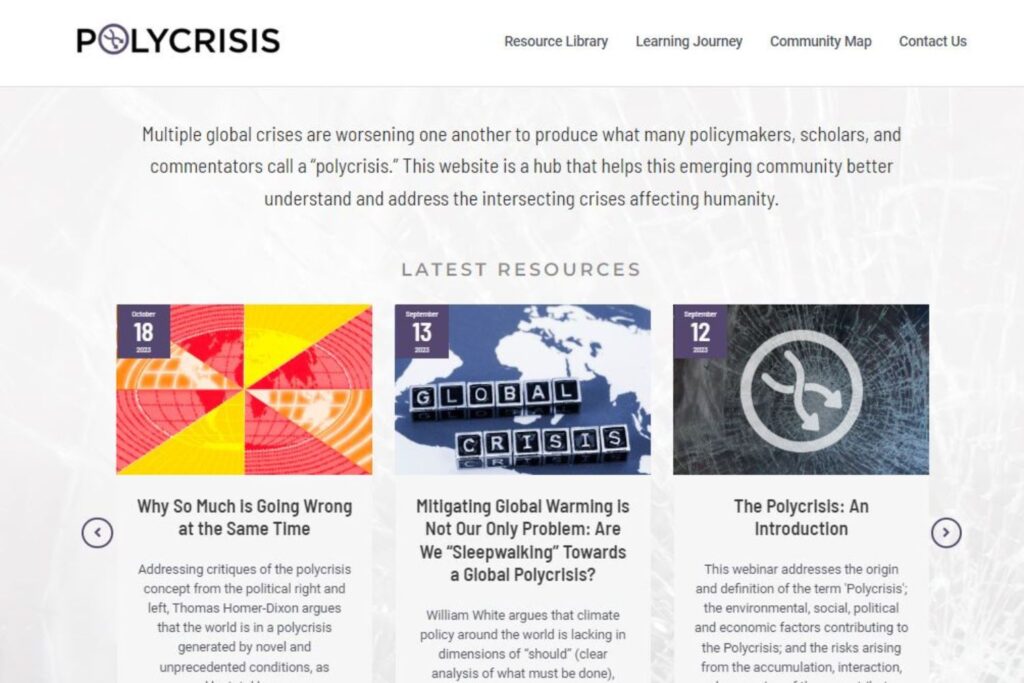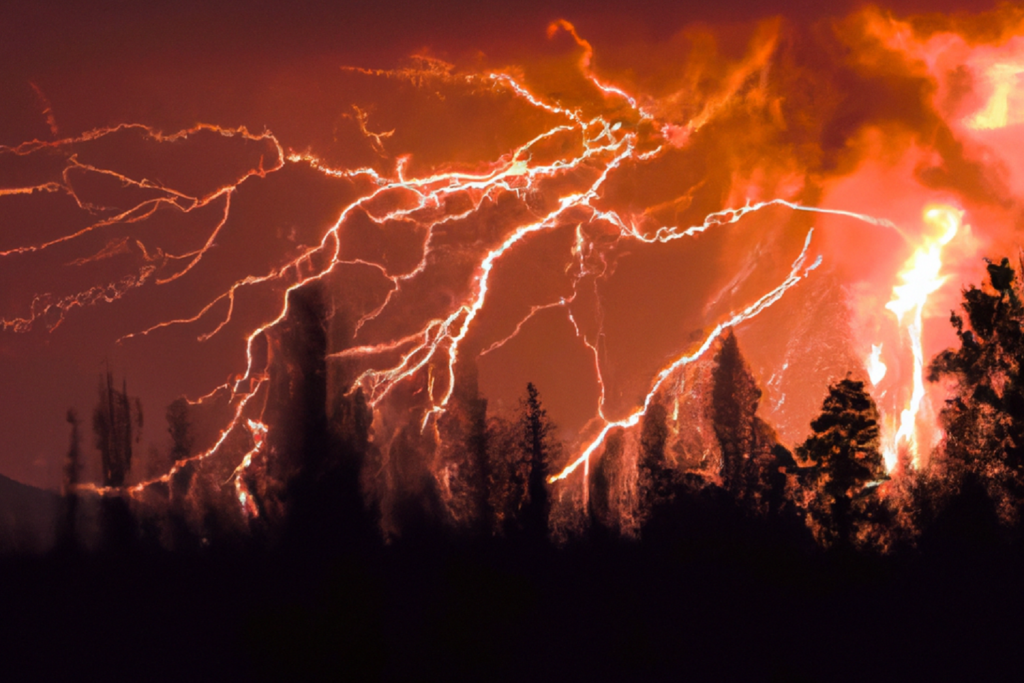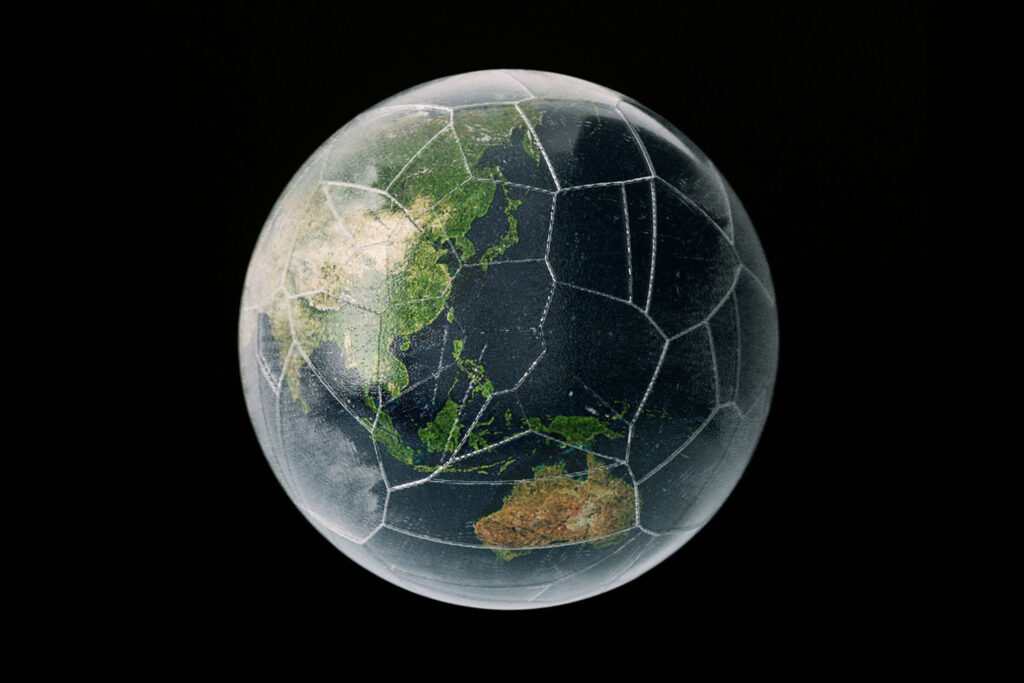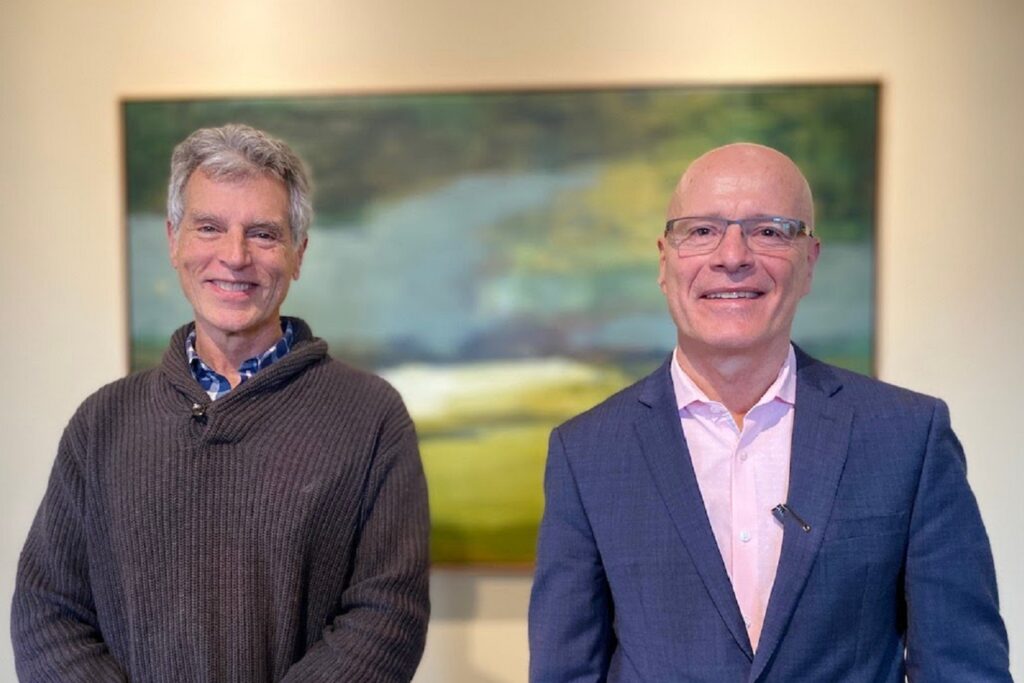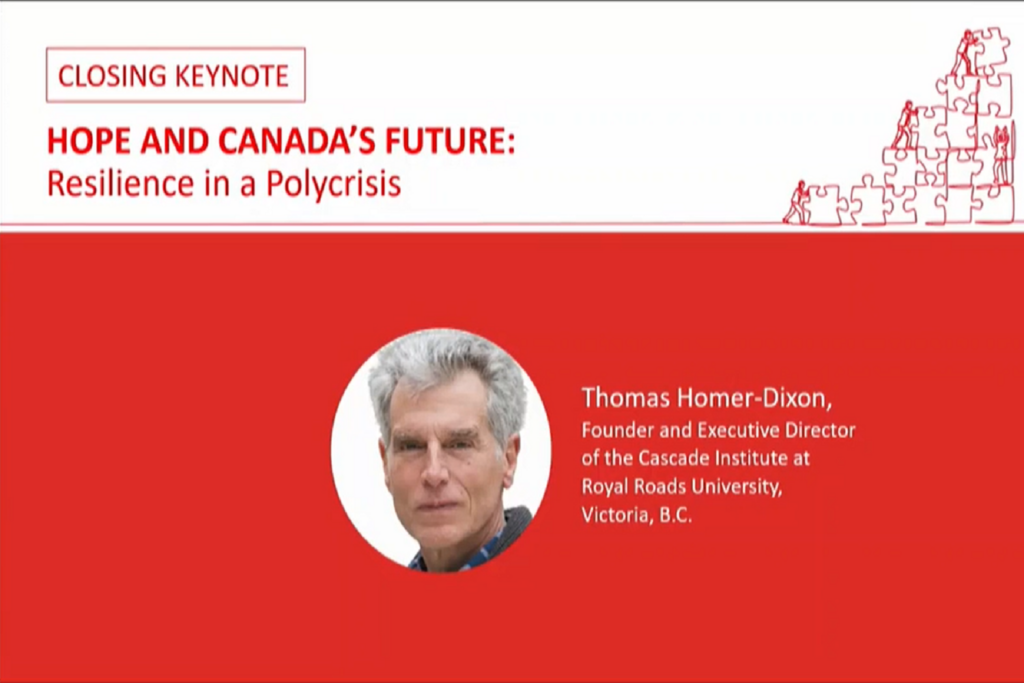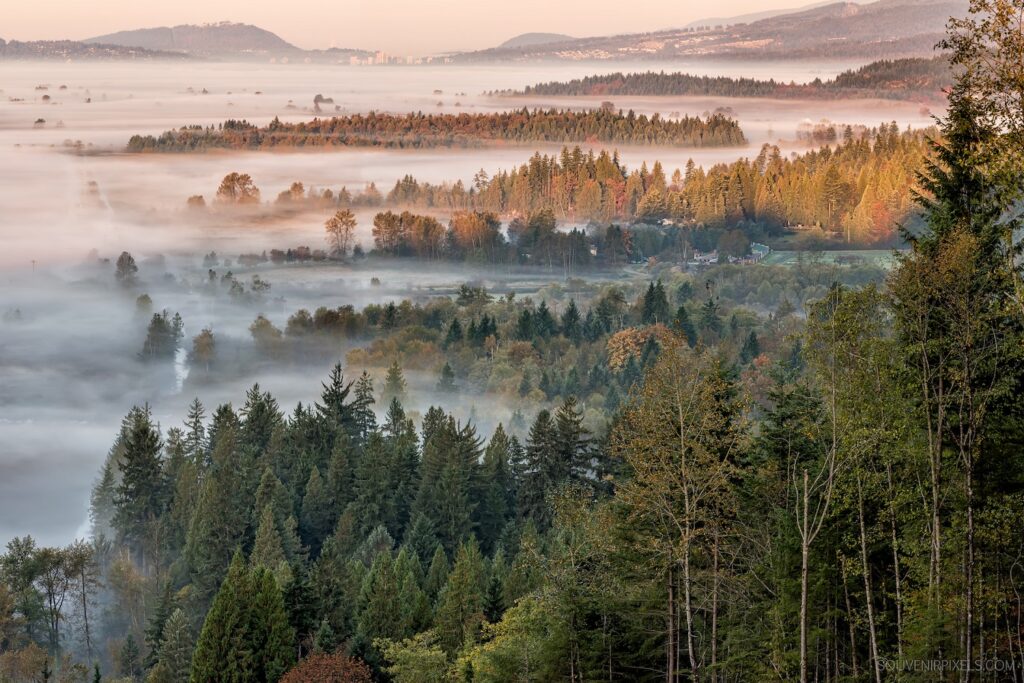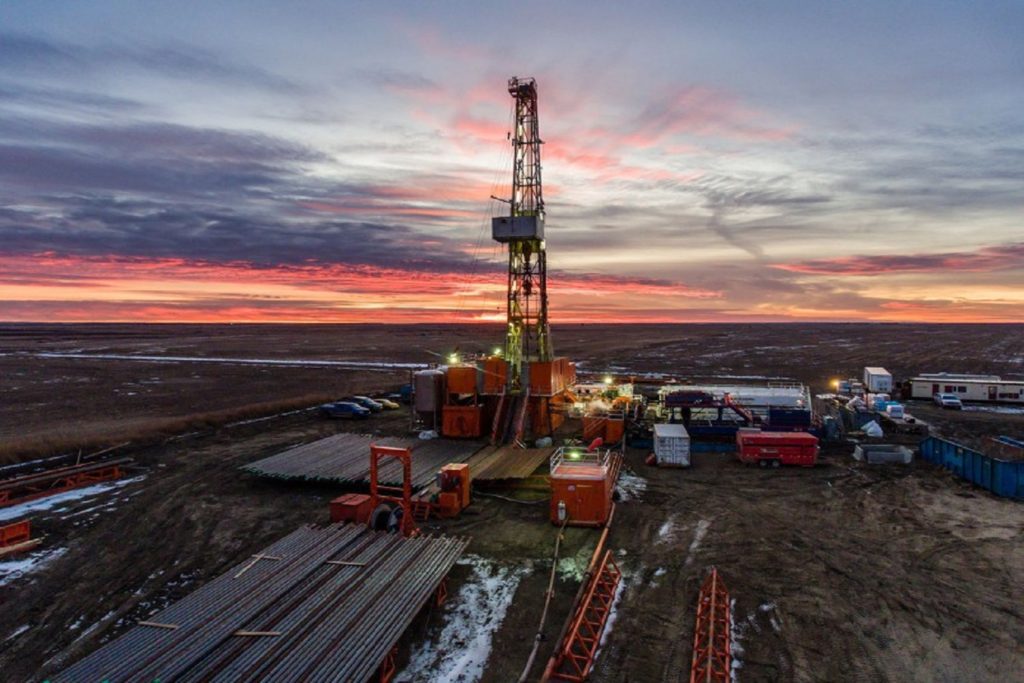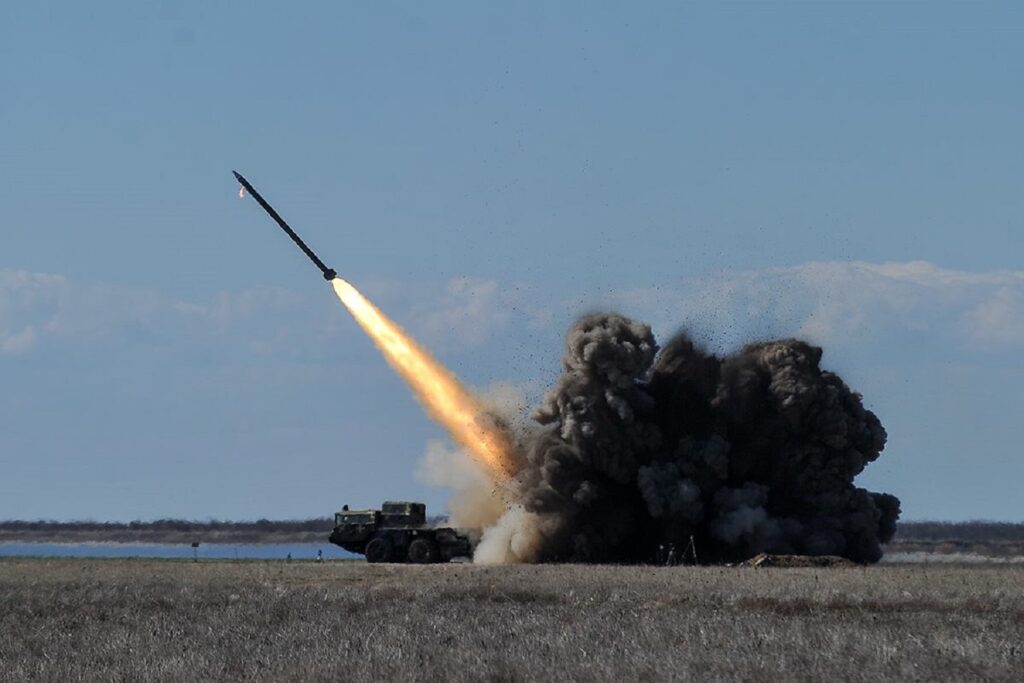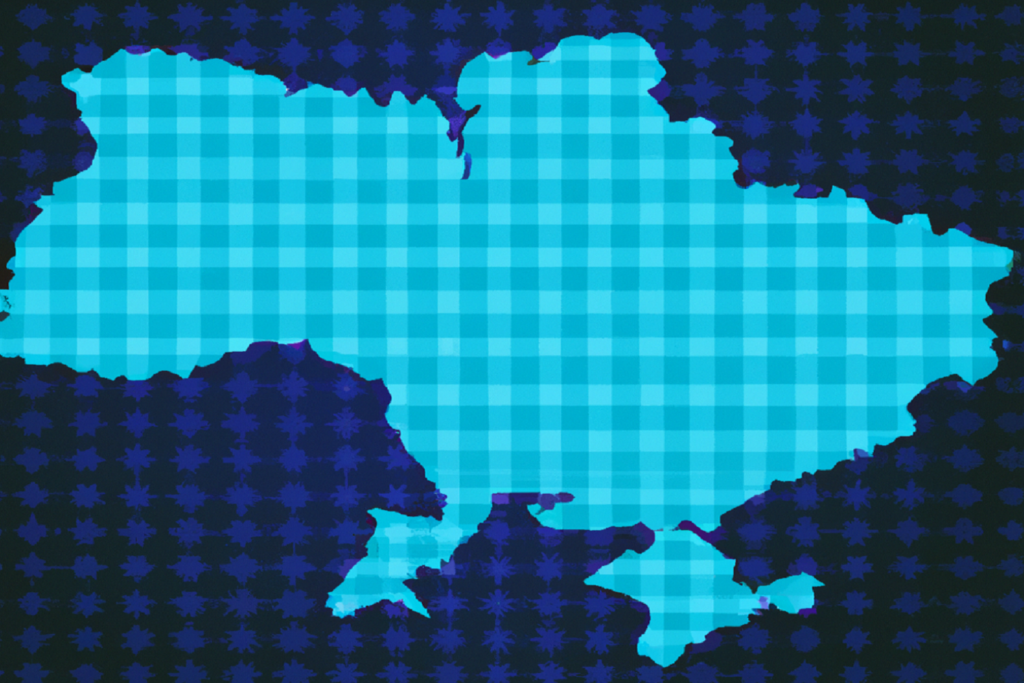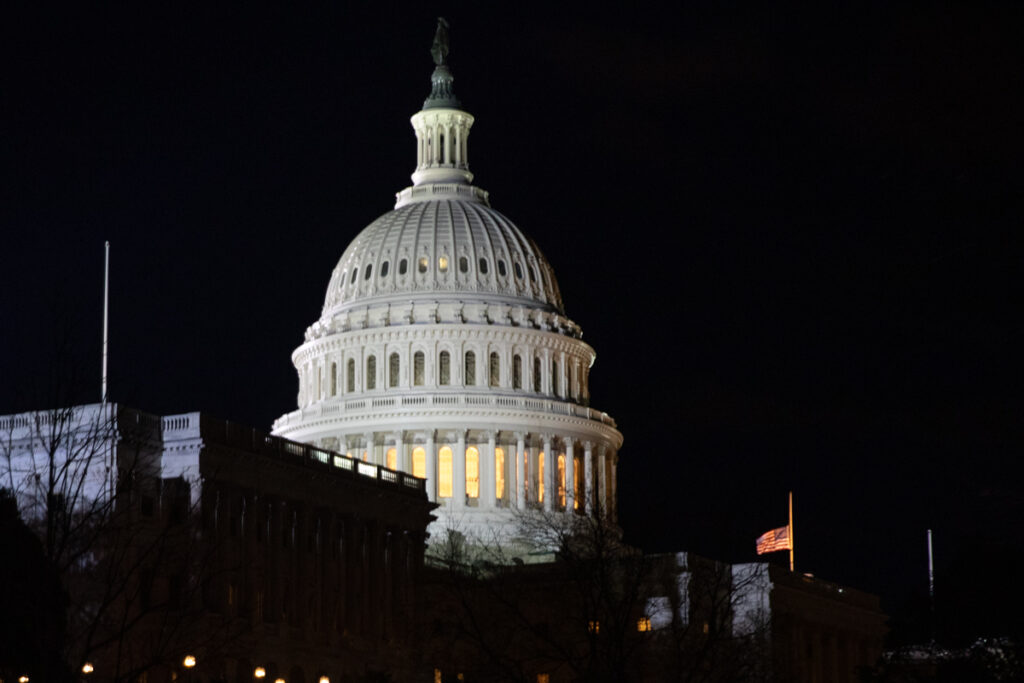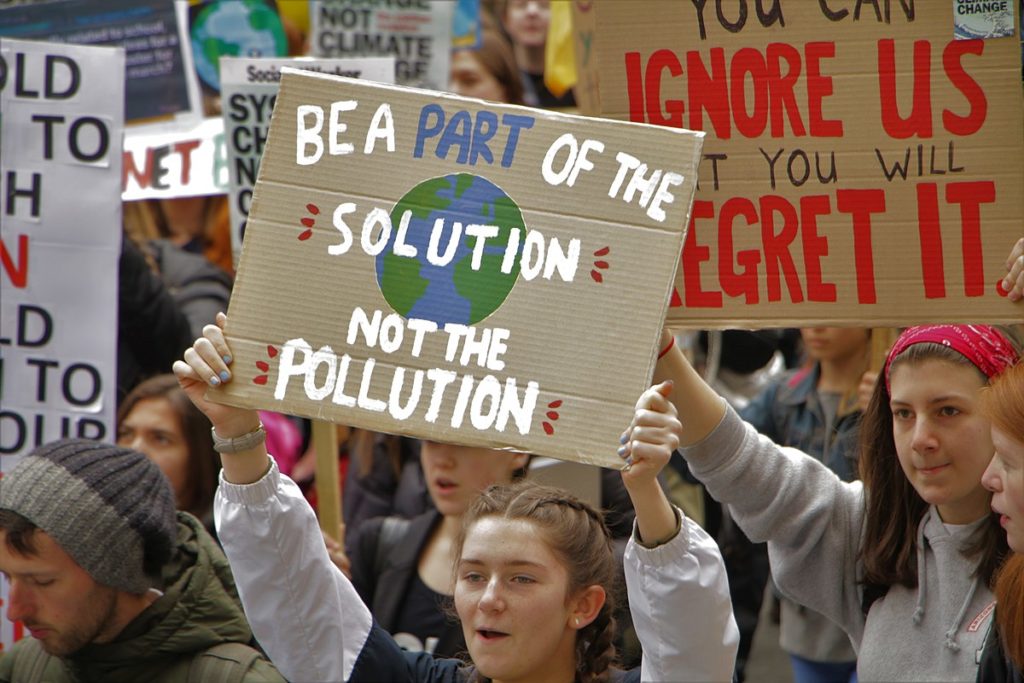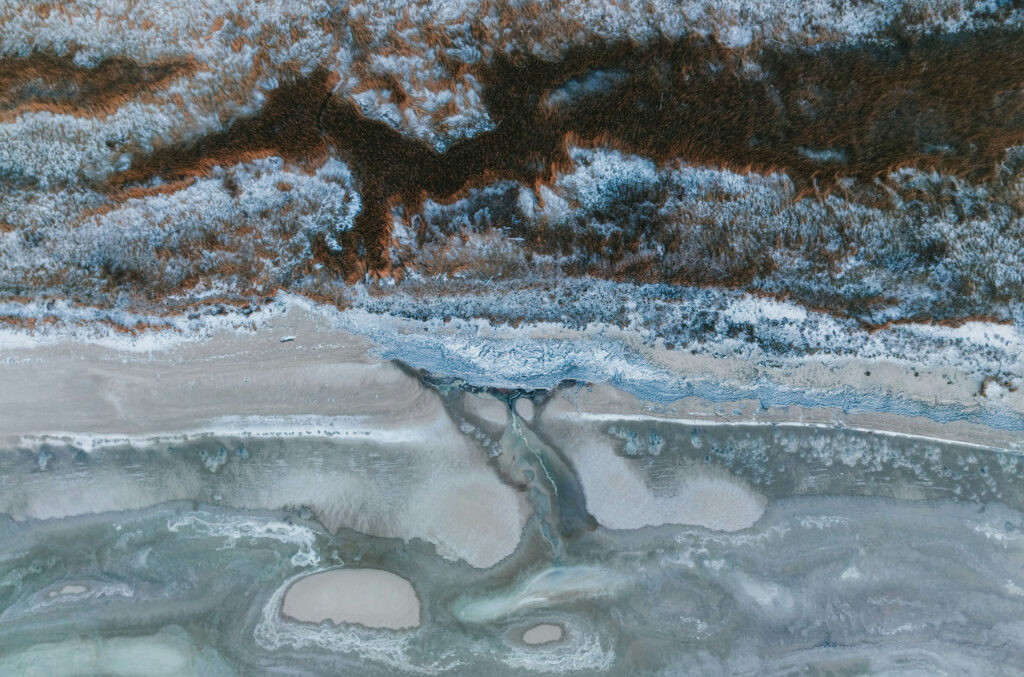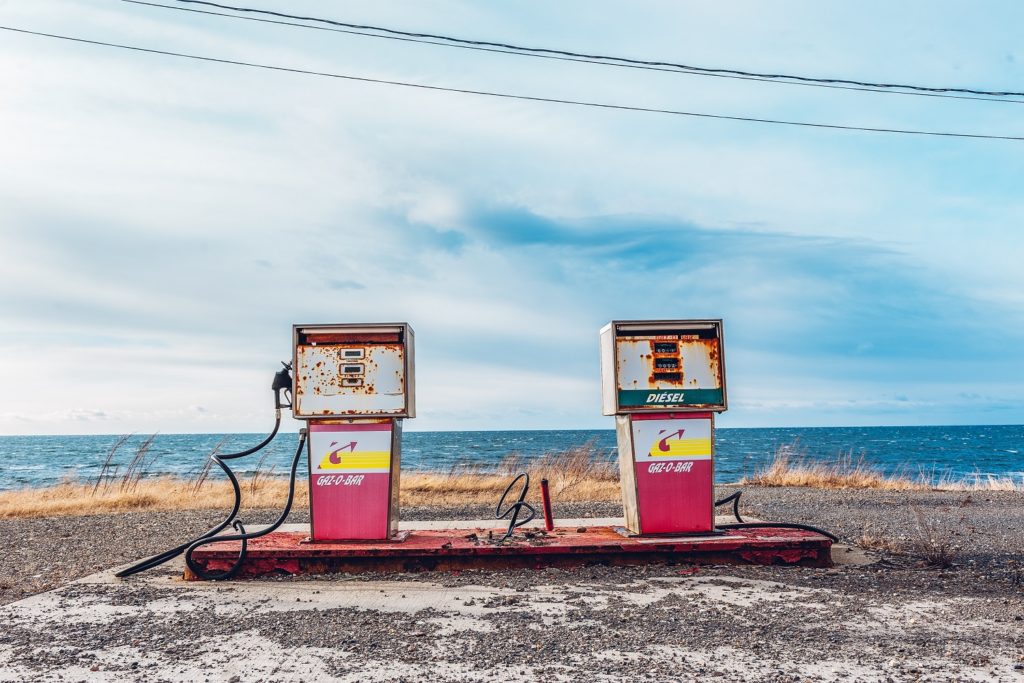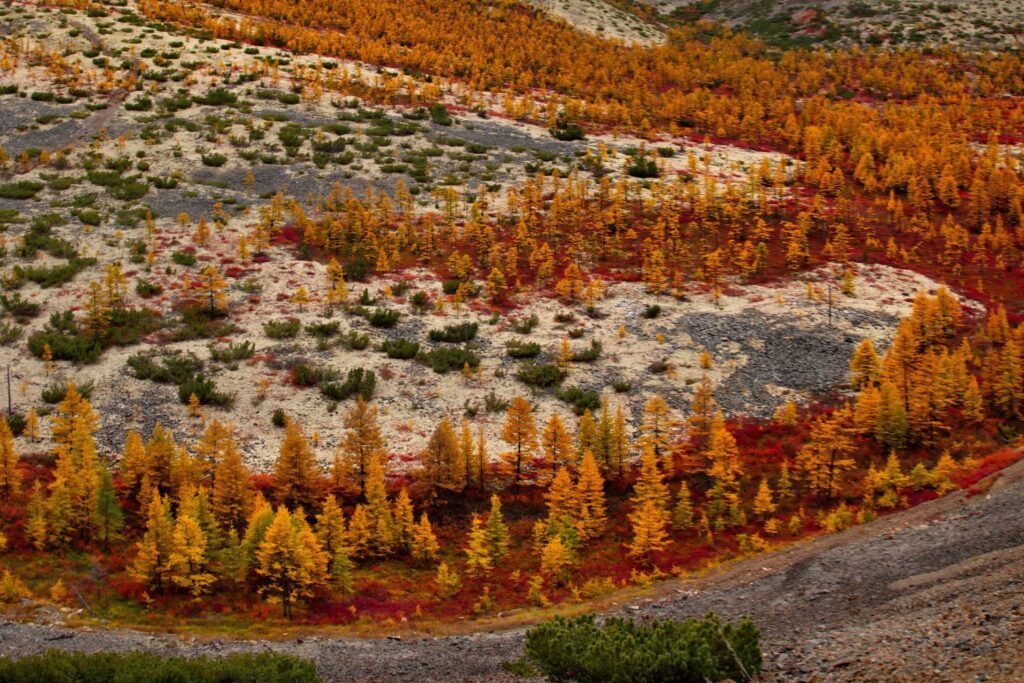NEWS AND VIEWS
Canada must consider the risk of U.S. coercion
Thomas Homer-Dixon and Adam Gordon
The Globe and Mail
Canadians must confront an unsettling new reality that the U.S. could use military coercion against Canada, argues a recent Globe and Mail op-ed co-authored by Cascade Institute Executive Director Thomas Homer-Dixon and Adam Gordon, an affiliated Cascade researcher and former legal adviser to Canada’s Minister of Foreign Affairs.
Welcome to the Polycene
Thomas Friedman
The New York Times
The Polycene, Friedman writes, “will be the first era in which humanity must govern, innovate, collaborate and coexist at a planetary scale in order to thrive.”
How the polycrisis is making young people Canada’s unhappiest generation
Nicole Thompson
The Canadian Press
Experts including Cascade Institute fellow Megan Shipman explain how Canadian youth are particularly affected by the Polycrisis.
Crisis and resilience: An interview with Thomas Homer-Dixon
Scott Douglas Jacobsen
Insight Publishing
How complexity science can help us make sense of today’s interconnected global challenges.
AI disruption points to higher taxes on big tech
Christopher Collins and Matt Gerken
Investment Week
AI’s disruption of jobs will spur governments to raise taxes on Big Tech to support displaced workers.
Geothermal power is the key to cheaper energy in the Canadian Arctic
Gordon Brasnett, Leighton Gall, and Peter Massie
The Globe and Mail
To defend its sovereignty, Canada should launch Project AURORA – the Arctic Underground Research Observatory for Resource Advancement.
Geothermal analysis shows “deeper is cheaper” for Canadian energy
Can new tech finally wake Canada’s sleeping geothermal giant?
The National Observer
New technologies, geological know-how, and vast untapped resources are putting geothermal at Canada’s energy forefront, says an in-depth article in Canada’s National Observer.
Canada must lead on permafrost protection
Ian Graham and John Jensen
The National Observer
Permafrost is already thawing and that thaw is accelerating. We need to understand the challenge and start dealing with it, before it’s too late.
Geothermal belongs in Canada’s industrial strategy
Emily Smejkal and Owen Henshaw
Times Colonist
Geothermal energy can meet domestic energy needs while positioning Canada as a global leader in clean energy services and technology.
How Canada can lead now in geothermal energy innovation
Emily Smejkal
The Future Economy
Canada is uniquely positioned to lead the next-generation geothermal energy boom by leveraging its oil and gas expertise, but it must act now with bold policy, investment, and coordination to seize the trillion-dollar opportunity.
Would you die for Canada? Polling suggests Canadians are more willing to fight for their country
Thomas Homer-Dixon and Toby Shannan
The Globe and Mail
Polling data shows most Canadians are willing to fight to defend their country against military attack.
Canada’s hidden heat: How regulations can power a geothermal breakthrough
Emily Smejkal
The National Observer
Provinces should act quickly to harmonize and extend geothermal regulations across the country.
How can Alberta and Ottawa be friends again? It begins with drilling
Peter Massie
The Globe and Mail
Drilling test centres in Alberta and Canada would establish the country as a global leader in geothermal power.
Anti-democratic ‘Dark Enlightenment’ ideas have spread from Silicon Valley to Washington
Christopher Collins
The Globe and Mail
A spotlight on the growing influence of the anti-democratic 'Dark Enlightenment' philosophy among U.S. tech and political elites and its potential consequences for Canada.
It’s time to create a new national service
David Last and Thomas Homer-Dixon
Toronto Star
New and voluntary national service programs are needed to defend Canadian sovereignty.
A bellwether for U.S. energy policy: Secretary of Energy Chris Wright’s approach to energy integration
Tim Bibby
Guest Commentary
U.S. Secretary of Energy Chris Wright's record has implications for Canada and beyond.
If you want peace, prepare for war—an ancient lesson Canada must remember
Thomas Homer-Dixon
The Globe and Mail
President Trump's threats to Canadian sovereignty demand a serious response.
Understanding the policy implications of Canada’s “hidden energy communities”
Julie MacArthur and Emmanuel Ackom
The Hill Times
"Hidden energy communities" are often left out of affordable and reliable clean energy services.
DEEP Earth Energy unveils next-gen geothermal plant near Estevan
Peter Massie
The Energy Mix
DEEP Earth Energy arrives on the Canadian geothermal power scene.
Governing in a complex world series: Explaining the global polycrisis
Thomas Homer-Dixon
Canada School of Public Service
The impacts of a global polycrisis on governance systems and the Government of Canada.
U.S. Department of Energy ARPA-E SUPERHOT program: Cascade Institute reaction
Ultradeep Geothermal program team
Cascade Institute reaction
The U.S. Department of Energy announces a $30M SUPERHOT geothermal program.
Understanding the ideological drivers of Russia’s war in Ukraine
Jonathan Leader Maynard
Cascade Institute Speaker Series
The critical role of ideology in Russia's war against Ukraine.
Trump Redux: Why the returning president is likely to become one of history’s most consequential figures
Thomas Homer-Dixon
The Globe and Mail
As “reconfigurer-in-chief," Donald Trump will be a world-historical figure.
Time to dig deep into a strategy for geothermal power
Peter Massie and Emily Smejkal
The Hill Times
Canada's opportunity to become a leader in geothermal power.
On disinformation: A conversation between the Cascade Institute’s Thomas Homer-Dixon and James Hoggan of the David Suzuki Institute
Thomas Homer-Dixon
David Suzuki Institute interview
How information overload in digital spaces fuels negativity and division.
Can we prevent Trump 2.0 from spiralling into catastrophe?
Megan Shipman and Michael Lawrence
The Globe and Mail
Donald Trump could activate vicious cycles in global systems and propel calamities that long outlive his second term.
Breaking new ground: Geothermal in 2024
Peter Massie
Cascade Institute analysis
Technology breakthroughs have given geothermal a completely new value proposition.
Key to Canada’s growth? Recall the role of public money in developing Alberta Oil
Emily Smejkal, Peter Massie, and Thomas Homer-Dixon
The Globe and Mail
The potential for Canada's AOSTRA model (Alberta Oil Sands Technology and Research Authority) to serve as a blueprint to support energy innovation.
Major Cascade Institute funding to power up geothermal energy in Canada
Ultradeep Geothermal program team
Cascade Institute announcement
New funding massively upscales Canada’s R&D efforts in geothermal power.
Deep geothermal superpower: Positioning Canada for a breakthrough in next-generation geothermal systems
Ultradeep Geothermal program team
Cascade Institute announcement
The case for ultradeep geothermal energy and a strategic plan for Canada to capture this technological opportunity.
We should listen to a renowned scientist’s warning on climate change
Thomas Homer-Dixon
The Globe and Mail
A vital scientific paper argues that warming is far more “in the pipeline” than conventional models predict, and requires a radical response.
Canada needs to dig deep to become a world leader in geothermal technology
Rebecca Pearce and Ian Graham
The Globe and Mail
A worldwide race for next-generation geothermal technology has begun, and Canada can still emerge a leader.
Why so much is going wrong at the same time
Thomas Homer-Dixon
Vox
The world is in a polycrisis generated by novel and unprecedented conditions.
A hub for the growing polycrisis community
Megan Shipman and Scott Janzwood
Polycrisis program announcement
Polycrisis.org: A hub for a the polycrisis community to converge on priorities for research and action.
‘Trigger fixation’ and trauma in the midst of global wildfires
Scott Janzwood
Royal Roads University President's Message
We need to overcome our fixation on wildfire triggers, and acknowledge the importance of underlying causes.
Let’s avoid ‘trigger fixation’
Michael Lawrence and Thomas Homer-Dixon
The Globe and Mail
Leaders should pay far more attention to underlying crisis stresses; they are ultimately far more important than trigger events.
Plenty of reason for hope, if we work together for change
Thomas Homer-Dixon
The Times Colonist
The importance of hope that is “honest” and grounded the best scientific understanding of the polycrisis.
Earth’s polycrisis is no mere illusion
Thomas Homer-Dixon, Michael Lawrence, and Scott Janzwood
The Globe and Mail
A backlash against the "polycrisis" neologism is well underway, but the polycrisis idea can motivate urgent scientific investigation into the architecture of global crisis interaction.
Polycrisis: Why we must turn this meme into a big Idea
Michael Lawrence
The Conversation
The debate around polycrisis is largely a question of whether we really understand the mess we’re in.
How do we turn a cascade of crises into a cascade of successes?
Thomas Homer-Dixon
Royal Roads University President's Message
Amid a global polycrisis, what can be done to turn a cascade of crises into a "virtuous cascade" of success.
Hope and Canada’s futures: Resilience in a polycrisis
Thomas Homer-Dixon
The Globe and Mail Future of Canada Lecture Series
A call for a National Dialogue on Canada's Futures to help Canada face the emerging global polycrisis.What happens when a cascade of crises collide?
Thomas Homer-Dixon and Johan Rockström
The New York Times
Today’s mess is best understood as a global polycrisis—a term which implies that humanity is dealing with a complex knot of seemingly distinct but actually deeply entangled crises.
Every politically feasible pathway to net-zero requires a technological breakthrough
Scott Janzwood
The National Observer
Distrust of new technology runs deep in the climate movement. But we don’t have the critical green technologies we need to get us to net-zero by 2050—and assuming we do is wishful thinking.
Putin isn’t bluffing about using nuclear weapons in Ukraine
Thomas Homer-Dixon
The Globe and Mail
Russian President Vladimir Putin is forcing the West to play a dangerous game of chicken, and he’s about to throw his steering wheel out the window.
Instead of lurching from one catastrophe to the next, B.C. needs to understand how its crises are linked
Thomas Homer-Dixon and Robin Cox
The Globe and Mail
We need to improve how we marshal, integrate, apply and communicate the best knowledge about B.C.’s emerging risks – those known and anticipated, as well as those unexpected and even currently unimaginable.
A big bet on geothermal could help prevent a climate catastrophe
Thomas Homer-Dixon, Ian Graham, and Ellen Quigley
The Globe and Mail
A government-industry research and development partnership in ultradeep geothermal would be a “moonshot” project that Canadians could rally around.
The global systemic consequences of the Ukraine-Russia War: Part II
Cascade Institute
Ukraine-Russia War Expert Panel
Whether Russia will use a tactical nuclear weapon depends on Putin’s psychology, his evolving assessment of his own capabilities, and what he considers to be an acceptable outcome.
The global systemic consequences of the Ukraine-Russia War: Part I
Cascade Institute
Ukraine-Russia War Expert Panel
The first briefing of the Ukraine-Russia War Expert Panel
Two things the West must do to lower the probability that Putin will pull the nuclear trigger
Thomas Homer-Dixon
The Ottawa Citizen
Putin’s two war aims may be unachievable, but if he persists in pursuing them, he’ll effectively lock himself into escalation.
The American polity is cracked, and might collapse. Canada must prepare
Thomas Homer-Dixon
The Globe and Mail
A warning that the U.S. could be governed by a right-wing dictatorship by 2030.
The climate strike continues (online): Findings from the Youth Climate Values Survey
Hanna Ross
Cascade Institute analysis
Priorities and preferred climate change solutions expressed by young Canadians in a recent survey.
Canada’s thawing permafrost should be raising alarm bells in the battle against climate change
Thomas Homer-Dixon and Duane Froese
The Globe and Mail
Canada has an opportunity to set up monitoring and remote sensing technologies to measure permafrost thaw.
Meeting Canada’s climate commitments requires ending supports for oil and gas production
Angela Carter and Truzaar Dordi
Cascade Institute report
Recommendations for policies Canada can implement to phase out oil and gas production and meet its climate commitments.
Modern monetary theory is the new black, but we should brace for seeing red
Michael Lawrence and Thomas Homer-Dixon
The Globe and Mail
Modern monetary theory doesn’t propose that governments can keep spending without consequence. The limit on government spending, though, is not government deficits but rising inflation.
Thawing permafrost is a northern crisis and a global threat
Michael Brown and Duane Froese
The Vancouver Sun
Unconstrained, Canada’s permafrost could be releasing more carbon than is currently being generated by all human activities across the country. This raises three stark concerns and a pressing opportunity.
New report from The Transition Accelerator: Pathways to net zero: A decision support tool
Dr. James Meadowcroft
The Transition Accelerator report
Practical guidance on assessing different pathways to net zero for eight critical sectors and systems in Canada.
Learning Salon Series: Our world’s cascading crises. What is driving them, are they going to get worse, and can they be stopped?
Thomas Homer-Dixon and Michael Lawrence
Learning Salon Series
The underlying mechanisms of cascading crises.
Review of Commanding Hope: The Power We Have to Renew a World in Peril, a new book by Thomas Homer-Dixon, Director of the Cascade Institute
Arno Kopecky
Book Review in The Literary Review of Canada
There May Yet Be Hope: The future is not set in stone (a review of Thomas Homer-Dixon's 2020 book, Commanding Hope)
However the pandemic unfolds, it’s time for oil use to peak—and society to prepare for the fallout
Yonatan Strauch, Angela Carter, and Thomas Homer-Dixon
Bulletin of Atomic Scientists
Peak oil demand represents a crucial tipping point in the global clean energy transition – and will signal a moment when an accumulation of forces unleashes a torrent of change.
Colliding crises can’t be handled with one-track solutions
Scott Janzwood
The Globe and Mail
The key to minimizing the harm from compound risks is to decrease their connectivity.
Coronavirus will change the world. It might also lead to a better future
Thomas Homer-Dixon
The Globe and Mail
The Coronavirus pandemic could help catalyze an urgently needed tipping event in humanity’s collective moral values, priorities and sense of self and community.

